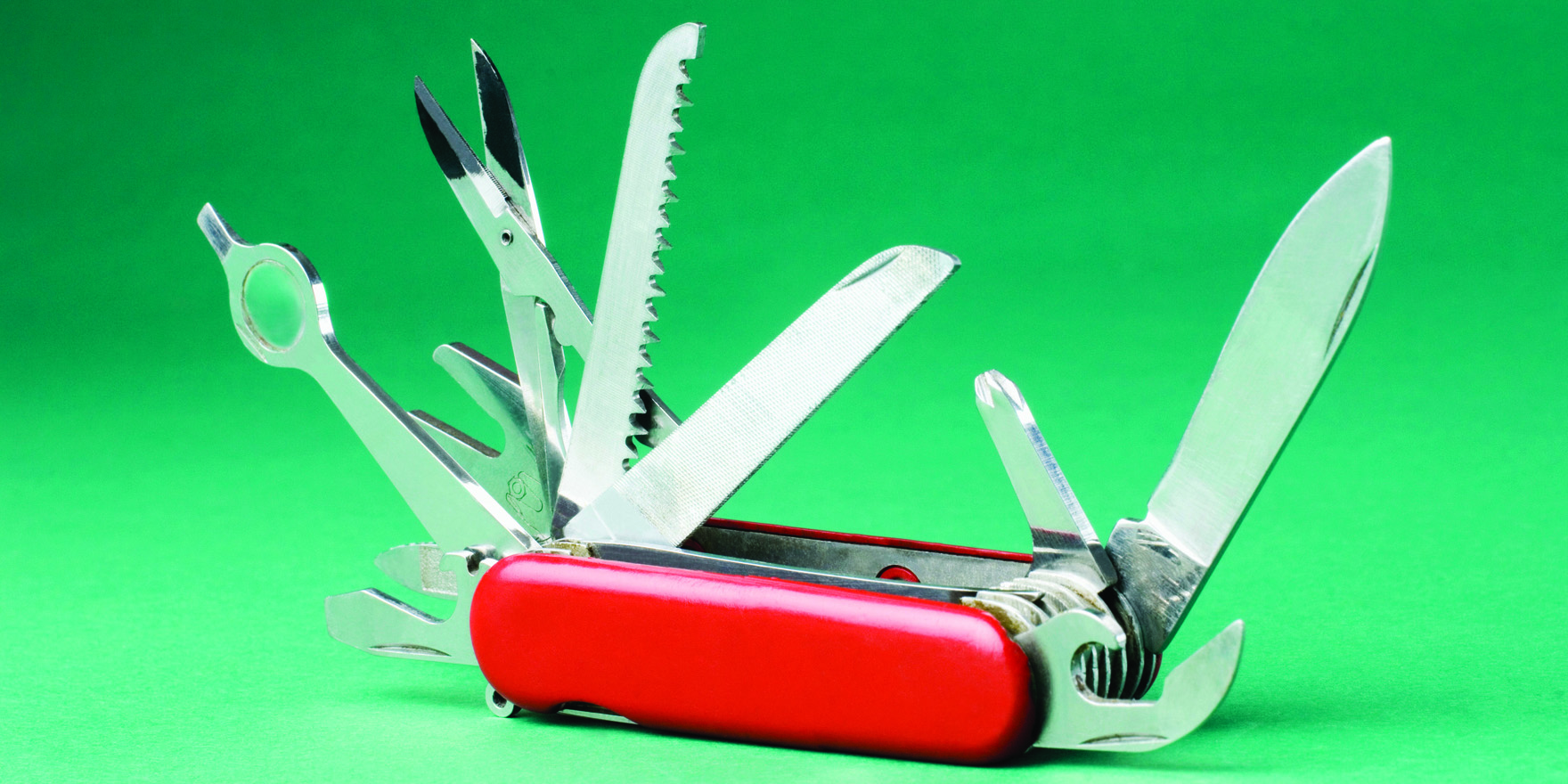You don’t need to become a medical sales rep to transition out of clinical medicine, writes Dr Zewlan Moor
Perhaps you are, or have been, a doctor working long shifts in theatre. You look around one day, bleary-eyed, stooped, and see all the smiling, attractive surgical equipment reps.
You think, “Wow, maybe one day I too will be fit and have a nine-to-five job… But I couldn’t be a sales rep.”
For many, this is where the fantasy of transitioning from clinical medicine ends.
But it needn’t be. Medical doctors have a wealth of skills that are highly valued outside the world of clinical medicine.
These transferable skills include communication, manual skills, administration, leadership, teamwork, response to emergencies and ethics, according to Dr Ashe Coxon, Founder of Medical Career Planning (medicalcareerplanning.com.au/).
Dr Coxon was speaking at the inaugural Creative Careers in Medicine Symposium earlier this month, run by Founder of Evermed Consulting, Dr Amandeep Hansra. More than 300 delegates swarmed the UTS Aerial Function Centre in Sydney and kept up with a frenetic pace of presentations and workshops.
One of the main themes was the transferability of skills from medicine to other fields. And not just in obvious ways. Indeed, Dr Coxon pointed out that only three of the speakers in this jam-packed schedule were in Medical Career pathways, as defined by the Medical Board.
So what were some of the key take-aways?
In the era of Dr Google, it is mainly the “soft” skills that count
Dr Sarah Dalton, Clinical Lead at the NSW Agency for Clinical Innovation (aci.health.nsw.gov.au/), reminded us that when she went to university, there was no internet.
“In my share house, if the answer wasn’t in a textbook, we just had to go to bed!” Now, with the answers at everyone’s fingertips, including our patients’, Dr Dalton argued doctors’ main currency was the “soft skills.”
Doctors need to be able to synthesise history, examination and investigation findings, but their true value is in communicating these and working in a team, with the individual patient, healthcare team, or the system as a whole.
Dr Dalton acknowledged that “soft skills” was actually a misnomer, as they were typically the hardest skills to get right.
As well as leadership, communication and teamwork, she emphasised decision-making; situation awareness (seeing the big picture); managing stress; and coping with fatigue.
There’s more to a non-clinical career than being a drug rep
To return to our earlier fantasy, you don’t need to become a medical sales rep to transition out of clinical medicine. There were no pharmaceutical or medical device sales people presenting at this conference.
Indeed, according to Dr Carla Swemmer, a pharmaceutical industry medical director, most medical doctors moving into pharmaceutical companies would be placed initially in the medical team, which has a non-promotional function, acting as the bridge between science and business.
This includes internal collaboration: sitting on the brand team, giving relevant medical input and helping to ensure strict external regulations and internal guidelines are adhered to.
Dr Swemmer found her scientific and general medical knowledge to be invaluable.
But the real practical knowledge has been the problem solving; accountability; ability to work with a variety of people, have tough discussions and understand hardship; and the overall ability to convey what it is like to walk in the doctor’s shoes.
Speaking of shoes…
Doctors are also usually extremely skilled at getting inside other people’s shoes, a skill that is vital in the world of startups, according to Dr Louise Teo.
Dr Teo is a doctor, writer and entrepreuner whose start-up, The Medical Startup (very meta!), is a blog focused on sharing inspiring stories of medical creativity and entrepreneurship.
Dr Teo pointed out that empathy might have been the skill that initially drew someone to medicine, but it also transferred to the entrepreneurial world, via the question: “How well do you know your end user?”
In terms of entrepreneurship, there were many examples of doctors taking their scientific knowledge, seeing a problem that needed fixing, and going for it.
Dr Marcus Tan did this for appointment bookings with HealthEngine (healthengine.com.au/). Dr Andrew Yap was frustrated at the archaic system of paging and needing to look up results in a smartphone age, so he created Medtasker (medtasker.com/). Dr Mark Hohenberg, clinician and educator, collaborated with The Pulse to deliver ground-breaking virtual reality entertainment and learning experiences (experiencethepulse.com/).
Dr Andrew Rochford, who epitomises the creative, non-clinical doctor, is an author and media personality known for his appearances on TV’s The Project. He summarised the transferability of skills when he said: “We’re trained to think in a certain way. It makes you the perfect person to look outside the box. And this is applicable to so many fields.”
For doctors wanting to use their skills to expand their working life into non-clinical areas, the message was clear: the options are as broad and varied as your imagination and your skills are more transferable than you probably realise.
Dr Zewlan Moor is a procedural GP in northern NSW with a special interest in medical humanities


